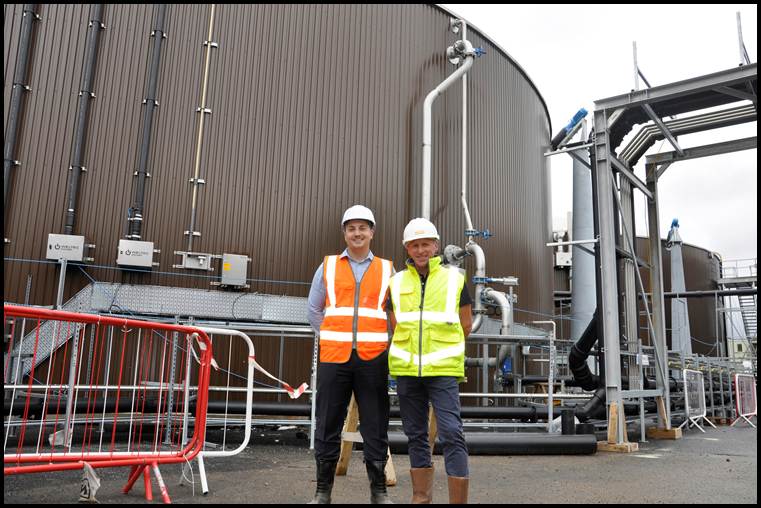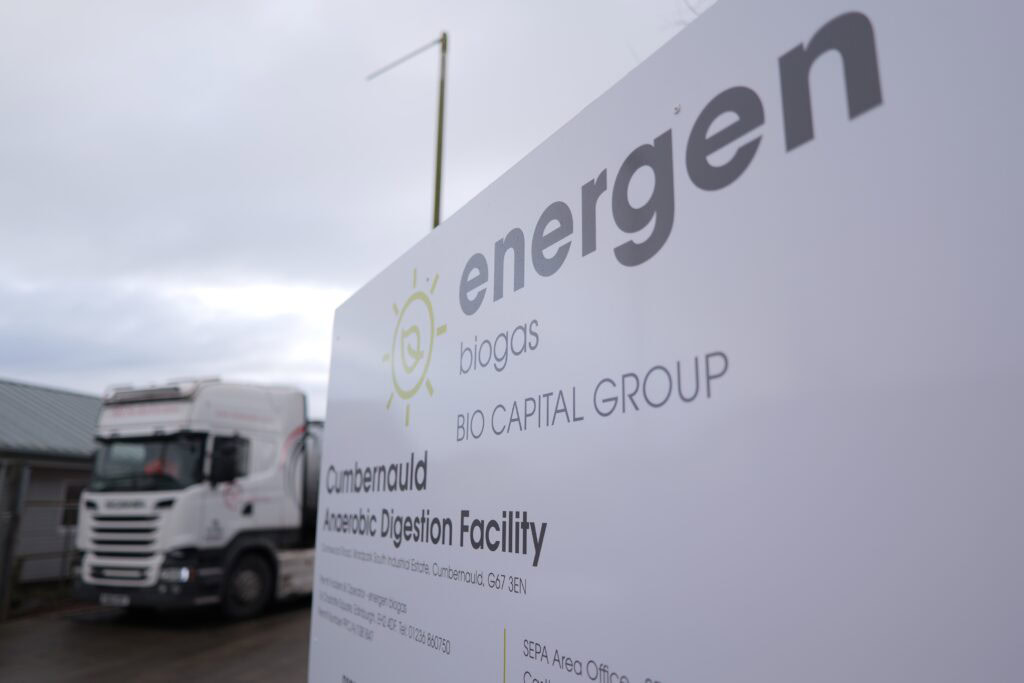The move comes with the Chancellor's confirmation of a 3 per tonne rise in the Landfill Tax to 21 per tonne in the financial year 2006/07.
 Rising Landfill Tax is allowing composting operations to compete well with landfill prices |
Added to a general rise in household waste disposal costs, composters have told letsrecycle.com they are confident in their ability to charge slightly higher gate fees and remain an economically viable alternative to landfill.
The continual need for local authorities to divert green waste away from landfill – through both the Landfill Allowance Trading Scheme and statutory recycling targets – also gives composters a platform from which to raise their gate fees.
The gate fee for green waste has stood at about 20-25 per tonne for the past two years, but the latest increment in the Landfill Tax is likely to see the gate fee increase to 25-30 a tonne.
Composters said higher gate fees will help them process material to increasingly high quality standards.
One composter in the south of England commented: “The costs of composting to increasingly high standards to produce a good quality saleable product can be expensive, so the fact that we are able to add a few pounds on to the gate fee is positive.”
New season
The new composting season has got off to an unusual start so far, thanks to the prolonged cold and dry weather. Cold conditions have been killing off greenery in some areas, resulting in a slight downturn in green waste arisings.
However, a comparative dry spell over the winter has been largely overcome by composting businesses because their waste licensing requires the use of water recycling systems.
Stephen Wise-Merry, head of organics at waste firm SITA UK, explained: “As part of a composter's Waste Management Licence, we have to store surface water from composting sites. Most sites now have a lagoon which collects this.
“Thankfully we've had enough rain throughout the winter building up in the lagoons to enable a sufficient amount to circulate through the compost, so we are ready for the new season,” he added.







Subscribe for free